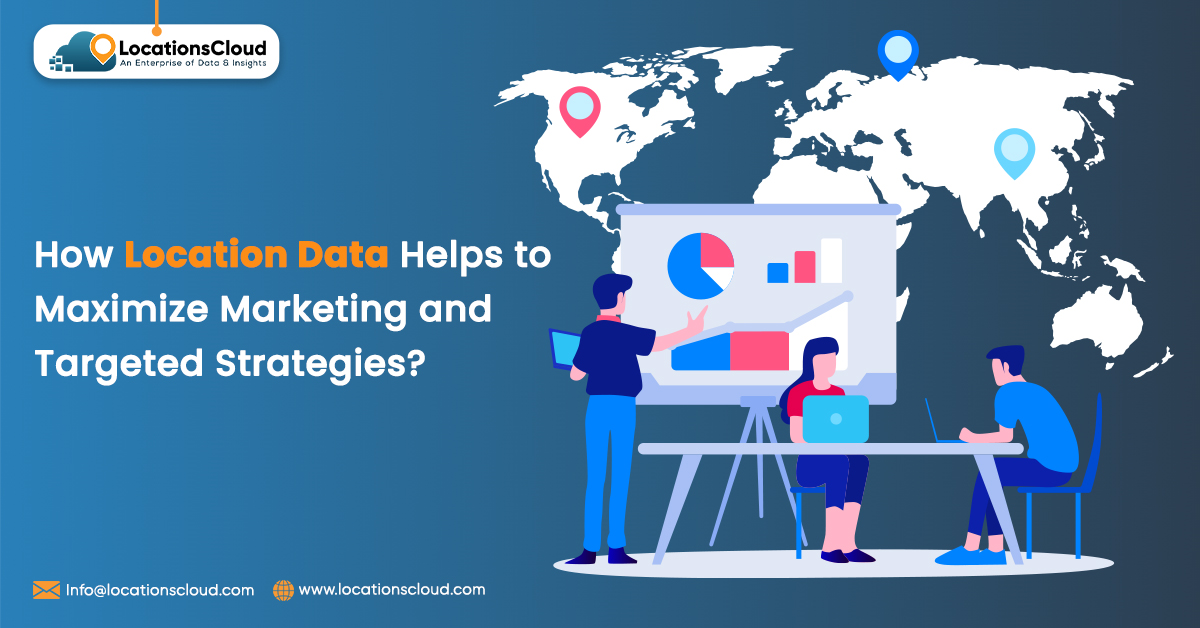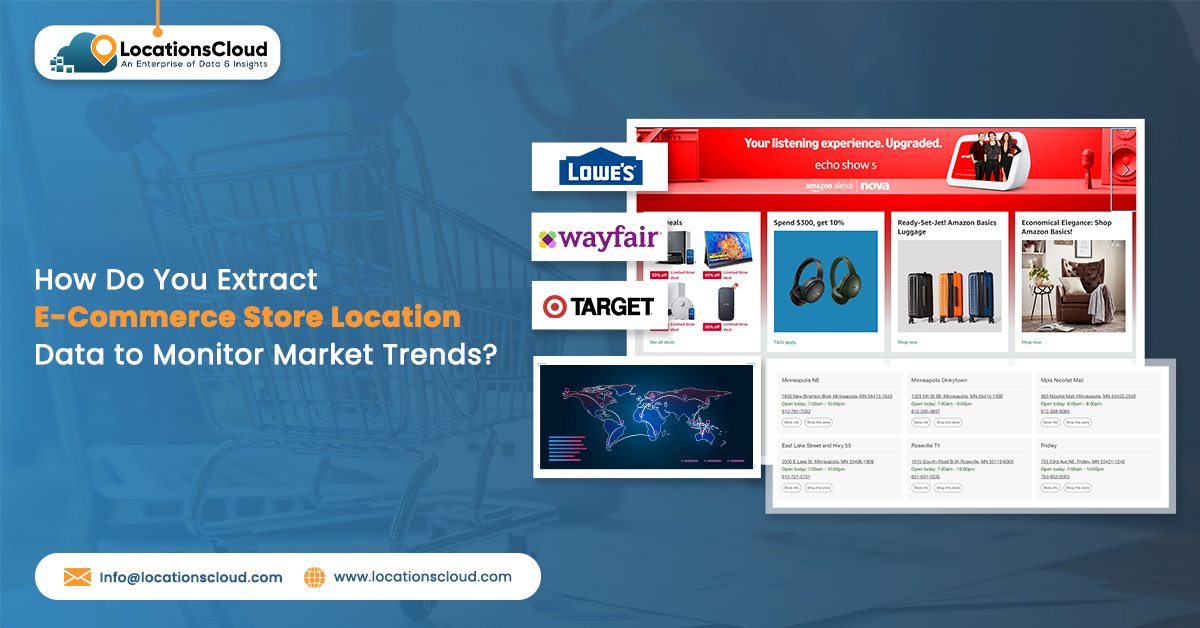
Ever booked a hotel that looked amazing online, only to find it next to a noisy highway? In today’s digital age, accurate and timely information is crucial, especially in the dynamic hospitality field. This blog will equip you with the tools to pull data on hotel whereabouts from popular booking platforms effortlessly. Whether you work in travel and want to know more about your competition, you’re someone who works with data and wants to improve your information collection, or you just like learning about how to pull data from the internet, we’ve got your back.
Ways to Collect Location Data from Travel Booking App

Here are some basic approaches to collect location data from travel booking apps:
API Access
Many travel booking apps provide Application Programming Interfaces (APIs) for developers. These APIs are designed to grant structured access to their data, including location information, in a manner that’s efficient and compliant with their policies. Search for the app’s developer documentation to find information about their API. Sign up for an API key if required, and use programming languages like Python to make requests for the data you need.
Data Extraction Techniques
This method involves programmatically simulating the actions of a web browser to retrieve data from the travel booking app’s website. It requires understanding HTML and the network requests that the web application makes. Use libraries and frameworks such as BeautifulSoup or Selenium with Python. You first send a request to the website, then parse the HTML content to extract location data. Note that maintaining the functionality of data extraction scripts can be challenging due to regular changes in the website structure.
Data Partnership
Working together with a travel booking app in an official partnership can allow you to get a lot of data legally. This way, you can be sure the data is correct and reliable. However, you might have to talk things out and make deals with the app company. Usually, this means signing legal contracts and maybe agreeing to pay for the data, but it means you’ll get a constant and allowed data source.
Third-Party Services
Some companies specialize in aggregating data from various sources, including travel booking apps. They can give you the data you’re looking for and ensure it’s collected properly, following the law and being fair. Look for these companies to find the specific information about places you need. Before buying or signing up for their services, ensure they are trustworthy and get their data properly.
What is Travel Booking App Scraping?
Scraping travel booking apps means using automated tools to collect information from websites or apps that show travel services like hotels, flights, and car rentals. This is usually done using a method called web scraping. In web scraping, a program acts like a web browser, going through websites and pulling out useful information such as prices, whether something is available, where it’s located, and what other users have said about it.
Method to Gather Location Data from a Travel Booking App?
Gather location data from a travel booking app requires programming knowledge and web technologies. Here’s a simplified overview of how you could approach this task:

Choose a Tool or Programming Language
First, decide on the tool or programming language you’ll use for extracting. Python is a popular choice due to libraries like Beautiful Soup and Scrapy, which simplify the process.
Identify the Data Source
Determine which travel booking app or website you want to extract. Visit the site and identify where the location data is presented.
Inspect the Web Page
Use your web browser’s developer tools (usually accessible by right-clicking on a page element and selecting “Inspect”) to understand the web page’s structure and find out how the location data is structured in the HTML.
Write Your Programming Script
Using your chosen tool or library, start writing a script that:
- Send a request to the travel booking app’s web page.
- Parses the HTML content of the page to locate and extract the location data.
- Saves the extracted data in a structured format, such as CSV, JSON, or a database.
Handle Pagination
Many travel booking apps list information on multiple pages. Your script may need to navigate through these pages automatically to extract all the required data.
Benefits of Location Data from Travel Booking Apps
Location data from travel booking apps offers various benefits across various sectors, providing valuable insights and opportunities for businesses, travellers, and researchers. Here are some of the primary advantages:
- Personalization: Travel apps can give you suggestions that match what you like based on the places you’re interested in, improving your overall experience with the app.
- Navigation and Recommendations: Maps in the app and tips based on where you are can help you discover amazing places, places to eat, and where to stay nearby, making your trip even better.
- Trend Identification: Businesses can look at where people are going using location data to determine which places are hotspots and what new travel habits are popping up. This lets them change what they offer to match what travelers want.
- Competitive Analysis: Businesses can examine the popularity of locations, their prices, and the facilities they offer to understand how they compare to competitors.
- Location Optimization: Businesses can look at where people go and what places are popular to figure out the best spots for ads or where to open new places.
- Investment Decisions: Information from location data can guide investors and businesses in making smart investment decisions about travel and hotels.
- Targeted Advertising: Location data helps businesses send their ads to the right people—those who are interested in certain places.
- Dynamic Pricing: Companies can change prices based on how much people want to go to a place, helping them make more money.
- Inventory Management: Travel agencies and accommodations can better manage their bookings by analyzing which places are liked more and how people book trips.
- Demand Forecasting: Analyzing location data can predict demand, helping businesses plan their resources and staff properly.
- Itinerary Planning: Having detailed location data lets travel agencies and travel apps make personalized and smoother travel plans for travelers.
- Event Planning: Event planners can use information about popular places and available facilities to choose the best spots for their events, conferences, and meetings.
- Urban Planning: Governments and researchers can look at how people travel to improve city design and public transport plans.
- Environmental Impact Studies: Location data helps us see how tourism affects the environment, which can lead to more sustainable travel methods.
Using location data from travel booking apps can really help. It can improve services, help businesses make smarter decisions, improve customer experiences, and lead to smarter planning and rules.
Ethical Considerations While Extraction Location Data from Travel Booking App
Here are some key ethical considerations to keep in mind when extracting location data from travel booking apps:
Personal Information: Location data can be personally identifiable information (PII). Ensure your extraction process doesn’t reveal user identities or link data back to specific individuals.
Data Anonymization: If extract is absolutely necessary, anonymize the data as much as possible before using it. This minimizes the risk of identifying individual users.
Terms of Service (TOS): Most apps have TOS that prohibit extract data. Extraction can overload their servers and violate their terms, leading to a ban.
Resource Usage: Be mindful of how much data you gather and how frequently. Refrain from overwhelming the app’s servers with excessive requests.
Data Security: If you store collected data, implement proper security measures to protect the data.
Conclusion
While gathering hotel location data can be a necessity; navigating legal and ethical grey areas can be a major headache. Instead of getting bogged down in technical complexities, focus on what you do best – strategizing how to leverage this valuable data to boost your business.
Our ethical and reliable approach ensures you get the data you need, leaving you free to do the strategy part. Let LocationsCloud handle the data scraping, and you handle the skyrocketing!




